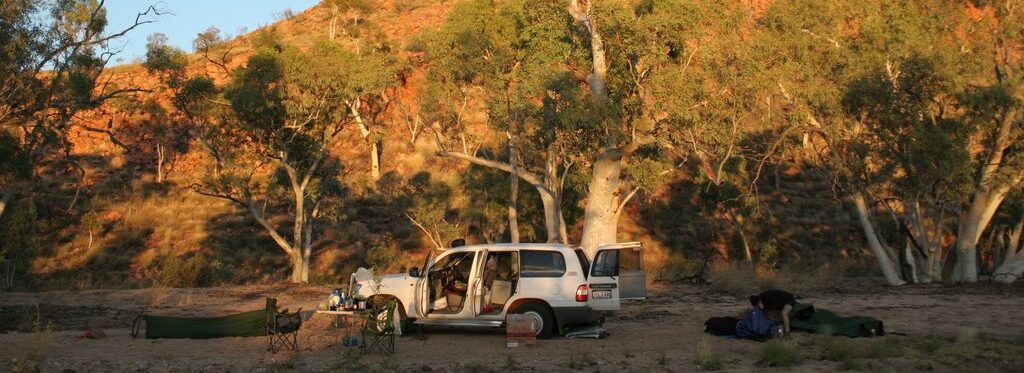In my view, studying at a university has to be stimulating, fulfilling and rewarding. I think as teachers we should strive to generate a learning environment that fosters curiosity and motivates students to discover and explore. We should encourage students to become independent thinkers. Over their years at university, we must equip students with the relevant skills and knowledge to do that, so that they become confident and capable professionals that will succeed in a rapidly changing employment market. We need future graduates to contribute to our transition to a sustainable society. In teaching, I consider three things particularly important:
Innovative teaching that uses cutting edge techniques to cross discipline boundaries and conveys an integrated perspective on current geoscientific problems.
At UoE, I am the project lead for the design of a new degree in Earth Sciences. This degree will train professionals that can work on the implementation of the UN’s sustainable development goals at all their interfaces with the geosphere. It is designed to provide employment-relevant training that facilitates a full spectrum of careers in Geosciences and beyond. Teaching ensures a wide participation of students from diverse backgrounds and allows them to participate in a bespoke learning experience with significant room for interdisciplinary study. As a modern Earth Sciences degree, it emphasises field skills, the handling and analysis of uncertain and multidimensional data, as well as computational and transferable skills. It provides opportunities to engage with partners in industry, GOs and NGOs and tightly integrates with the world-leading research at the school. Lastly, it is also very environmentally conscious and has a minimum carbon footprint. Due to the significant competition, an ongoing drive to improve all aspects of teaching is a central element of British university degrees, and one that I learned to appreciate. Improving the student learning experience, a willingness to innovate in teaching, maintaining a dialogue with industry, high academic standards and a close proximity to cutting-edge research are all aspects I consider important.
Expose the students to their study object, in field practicals, excursions and internships.
As a passionate field geologist with more than 15 years experience in teaching Structural Geology and Geological Mapping I hold field education in particularly high regard. In my own studies and research, I have explored the Austrian and Swiss Alps as well as the Scottish and Scandinavian Caledonides in addition to field areas in the Himalayas and central Australia and visited mines, volcanoes, impact craters and other geoscientific sites of interest all over Europe, in Australia, South America and Africa. Excursions, mapping exercises and cross-disciplinary field camps bring the puzzle stones we convey in classrooms together and train spatio-temporal thinking, model-building and decision-making. Semi-independent field work is central to developing confidence as an Earth Scientist. During my own studies, I have learned from a number of exceptional field geologists and as a teacher, I have experienced the excitement that a good day in the field or “on site” sparks in most students. One of the most transformative experiences I have observed in students is the moment, when they conduct their first, own research, and generate their first bit of new knowledge. I find it very important that a degree provides the necessary opportunities. I have also made very positive experiences with embedding students in ongoing field- or lab-based research, and enabling them to work with real data on real problems and interact with scientists on an eye-level early during there studies.
Field work is also changing, and new technologies enable looking at field geology with different eyes and from different perspectives. Drones, augmented/virtual reality, near-real-time remote sensing, hand-held devices etc. all enhance field work, and in post-graduate teaching we should begin familiarising students with the potential of these technologies.
However, these tools also allow us to make field training more inclusive, and I expect this aspect to become more important in the future.
Engage with industry and ensure that our students find out where they want to go and have all the skills they will eventually need, now and in future.
For the majority of our graduates, university education is a means to a well-paid job. However, the employment market is changing and competitive, and other universities produce excellent graduates, too. Beyond our scholarly ambitions it is also our responsibility to support our students in achieving their career goals in industry. It is important to actively seek the dialogue with employers and alumni to identify the particular skills that will allow graduates to stand out from the crowd. There should also be sufficient room in the curriculum to bring students in contact with potential employers and prepare students for those industries that offer them the best career prospects through internships, collaborative MSc projects with industry partners and guest lectures/colloquia. Emerging fields such as nuclear waste storage, carbon-capture-storage and deep geothermal energy harvesting will provide employment opportunities for future generations of geologists and should feature prominently in a curriculum.
